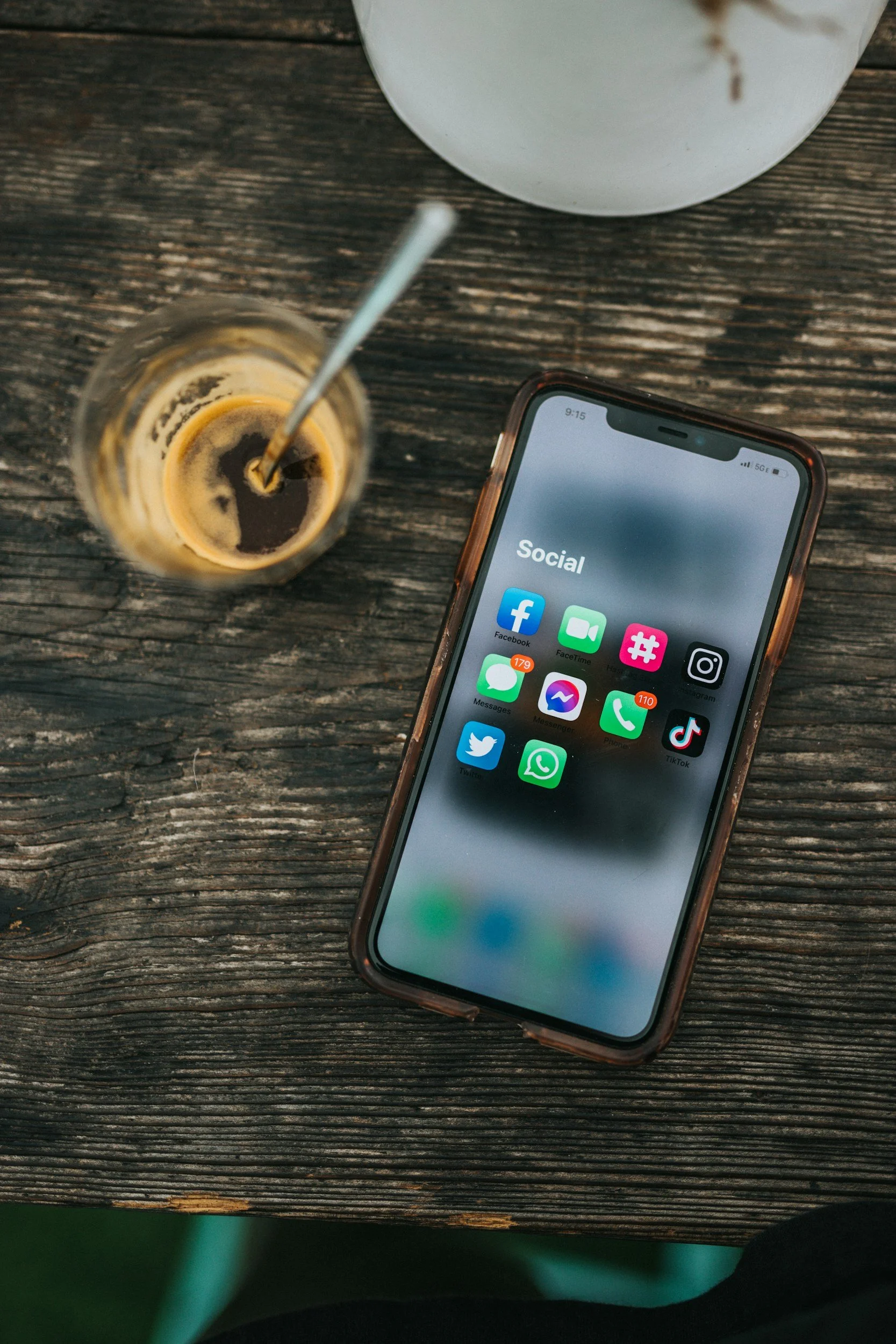All of us at Hearing Health Foundation wish you a Happy New Year!
As we jump into 2024, a leap year with an extra day in February, we want to extend our warmest wishes for a year filled with health, happiness, and the sounds of joy. It's a time of new beginnings, fresh starts, and resolutions for a healthier future.
A toast to the New Year! And why not with actual toast? Credit: @okikuy0930/Unsplash
At HHF, your support has propelled us to achieve remarkable milestones. As we look to the leap year ahead, we are excited to share with you how you can focus on hearing and balance science in 2024.
Discover the Power of Knowledge
This year, expand your understanding of hearing health. Explore our website to uncover valuable insights about the causes, treatments, and prevention of hearing loss, tinnitus, and related hearing and balance conditions. After all, knowledge is the first step toward positive change.
Stay Informed
Commit to staying informed about the latest developments in hearing and balance research. Please subscribe to our monthly newsletter to receive groundbreaking research findings and advancements directly in your email inbox. Your awareness can inspire change. You can also sign up for our free quarterly Hearing Health magazine using the same link.
Plan for a Sound Future
In 2024, we’re continuing to support our community with our partner FreeWill. This online platform guides you through the process of creating a will in just 20 minutes. It's a simple way to secure your legacy and support our mission of preventing and curing hearing loss.
Your dedication to hearing and balance science can resonate beyond you and your loved ones, extending to the millions affected by hearing and balance challenges. By creating a will with FreeWill and considering a legacy gift to HHF, you become a part of a collective effort to find better treatments and cures.
In 2024, let’s leap forward together toward discovery.
Together, we can help propel our scientists forward and help all of us hear better, for life. Happy New Year!
FreeWill is a partner with Hearing Health Foundation.








These findings suggest that the ability to integrate what is seen with what is heard becomes increasingly important with age, especially for cochlear implant users.